News de la communauté
Ici vous trouvez toutes les nouvelles des quatre derniers mois de la communauté transdisciplinaire.
Le site web est régulièrement mis à jour. Si vous avez des informations similaires à partager avec notre communauté, n'hésitez pas à nous contacter.

16.02.26, Universtät Bern
Registration for the CAS One Health is open!
The CAS One Health offered by the University of Bern is an interdisciplinary continuing education program that explores the interconnections between the health of humans, animals, and the environment. With support by the td-net it provides participants with a comprehensive and practice-oriented perspective on today’s complex health challenges. The programme is particularly relevant for professionals from a wide range of sectors working at the interface of ecosystem, animal, and human health.

16.02.26, Universität Bern
Out and About Sustainably in Bern – New English Version 2026
“Out and about sustainably in Bern” is a sustainable city guide for students and other interested readers. The booklet encourages reflection on what is important for a satisfying and good life and includes facts, ideas, and tips in the areas of sustainable development, transport, food, housing, consumption, as well as culture and events. It follows the sufficiency approach, which values wealth in time and space over wealth in goods and money.

28.01.26, Einheit der Wissenschaft und echtes Studium generale, Universität Basel
Einheit der Wissenschaft und echtes Studium generale: öffentliche Vorlesung an der Universität Basel
Ziel dieses Studiums ist es, Generalisten auszubilden, die dank holistischer Methoden holistische Lösungen vorschlagen und umsetzen können. An der Universität Basel wird es dazu wieder im Frühjahrsemester 2026 eine öffentliche Ringvorlesung geben. Die Vorlesung findet wöchentlich ab dem 19. Februar 2025 jeweils am Donnerstag von 16.15 bis 18.00 Uhr statt: Suche | Vorlesungsverzeichnis Universität Basel

28.01.26, Eawag
ETH-Medaille für Lisa Deutsch
Die Soziologin und Politikwissenschaftlerin Lisa Deutsch wurde für ihre an der Eawag und der ETH Zürich verfassten Doktorarbeit mit der ETH-Medaille ausgezeichnet. Mit ihrer Forschung zeigte sie auf, wie inter- und transdisziplinäre Forschung gelingen kann und wie sich Theorie und Praxis in der Forschung verbinden lassen.

13.01.26, Institus SunKrohnos
New Podcast: The Temporal Imagination
Hosted by Michel Alhadeff-Jones and Keri Facer, this podcast opens up a space for transdisciplinary reflection where knowledge from anthropology, architecture, the arts, ecology, education, geography, history, law, linguistics, literature, philosophy, and political science intersect. Over the course of 11 episodes, Michel and Keri engage in dialogue with 21 researchers, activists, and artists from five continents to revisit our representations of time, question dominant rhythms, and imagine other, more sustainable and just temporalities.

07.01.25, Mountain Research and Development
Mountain Research and Development Vol 45, No 4 available online and open access
Articles in this open issue examine the shift from traditional to market-driven yak herding practices in Gatlang, Nepal, challenges in implementing policies on science–society interaction in mountain biosphere reserves worldwide, and the role of topography in socioeconomic development in the European Alps. In the MountainPlatform section, the Afromontane Research Unit presents the Mozambique Mountain Initiative.
.png)
07.01.26, School of Transdisciplinary Studies
5 years anniversary: Connecting Minds – Building Bridges – Creating Futures
As a hub for inter- and transdisciplinary teaching, the STS takes on administrative tasks, supports instructors with didactic expertise, communication, and quality assurance, and provides experimental spaces for innovative, cross-disciplinary teaching formats. It also shares best practices in inter- and transdisciplinary didactics and fosters exchange within its growing community.

11.12.25, eawag, Jialin Zhang, Sabine Hoffmann
Second Series of Cartoons: Competencies at the Science–Policy Interface
Bringing together actors from science and policy is crucial for addressing today’s pressing challenges — from climate change to biodiversity loss and social inequities. But effective dialogue at the Science–Policy Interface (SPI) requires more than knowledge. It takes a set of competencies that are often invisible: listening carefully, recognizing diverse roles, navigating complexity, engaging at the right time and in the right place.
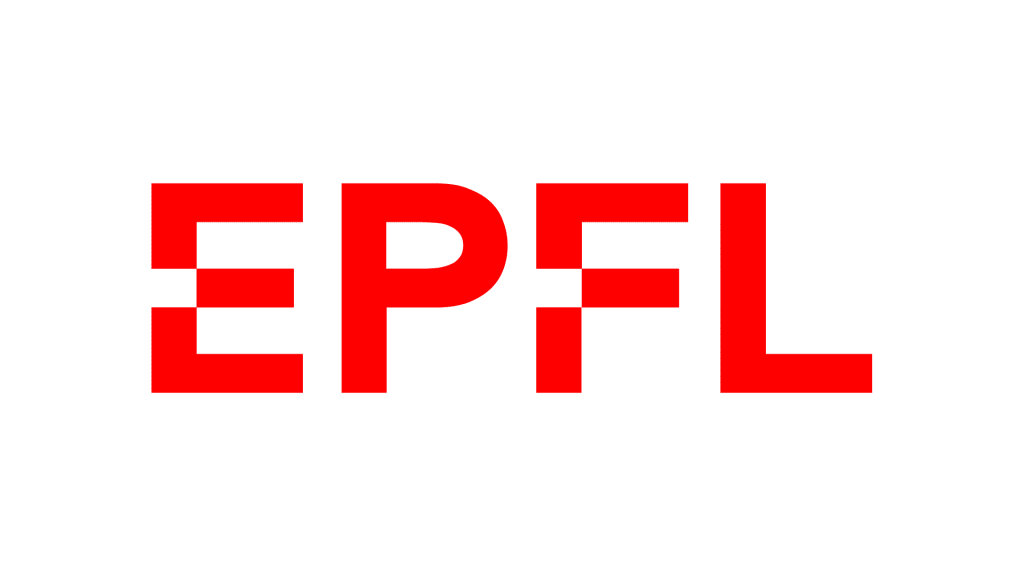
10.12.25, EPFL+ECAL
the advancing Neurofeedback in Tinnitus project presents itself
As part of a Swiss consortium, the EPFL+ECAL Lab is contributing to a transdisciplinary research project that aims to advance the treatment of tinnitus. Offering new prospects for non-invasive therapies, this neurofeedback-based project has led to the development of protocols that target the brain processes responsible for tinnitus. This work has already been the subject of several scientific publications.
Tinnitus affects millions of people and can have a significant impact on their quality of life. This promising project will enter the clinical testing phase in January 2026.
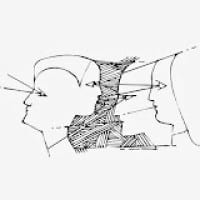
10.12.25, CIRET
Centre international de recherches et études transdisciplinaires (CIRET) now on LinkedIn
The International Center for Transdisciplinary Research and Studies is now on LInkedIn. The society organizes symposia, publishes journals and offers support for transdisiciplinary researchers.
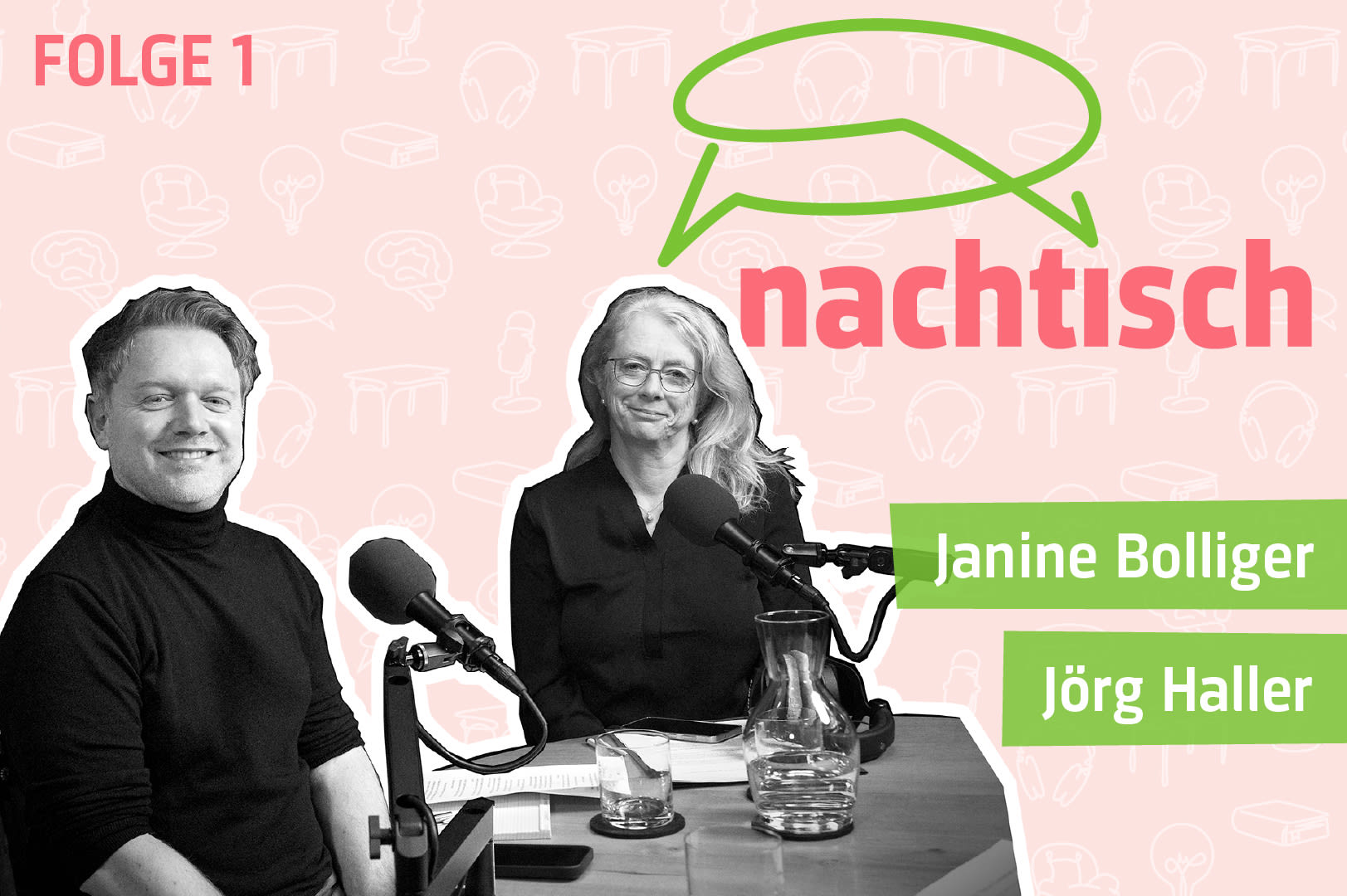
09.12.25, SCANT
Neuer Podcast! Forschung und Praxis diskutieren knifflige Fragen der Nachhaltigkeit
Nachhaltigkeit entsteht zusammen: Im neuen Podcast «Nachtisch» diskutieren Expert:innen aus Wissenschaft und Praxis monatlich ein Thema der nachhaltigen Entwicklung. In der ersten Folge «beleuchten» die Landschaftsökologin Janine Bolliger und der Lichtplaner Jörg Haller den Wert der Dunkelheit. Sie sprechen über kommunale Beispiele, den Einfluss privater Beleuchtung und die Frage, ob die Schweiz ein Lichtschutzgesetz braucht. Und sie empfehlen, sich mehr Dunkelheit zu gönnen. «Nachtisch» wird von der Akademie der Naturwissenschaften Schweiz (SCNAT) serviert und ist auf allen gängigen Podcastplattformen verfügbar. Jetzt reinhören!
09.12.25
Foundation of the Institute for Transdisciplinary Research
After several weeks of preparation, the Institute for Transdisciplinary Research was officially founded on July 21, 2025, in Uster (ZH). Koen Hertoge was elected president; Michael de Rachewiltz was appointed to the board of directors. The institute was entered in the commercial register of the canton of Zurich on August 11, 2025.
The institute's statutes define its core areas of activity, which include the following tasks in particular:
- Carrying out independent, scientifically based research projects with a special focus on environmental and health issues
- Publishing scientific articles and research results
- Designing and implementing educational programs, lectures, workshops, and conferences
- Providing expert input into political decision-making processes
The institute's primary area of activity is in Switzerland and the Alpine region. At the same time, however, it sees its mission as explicitly global and carries out corresponding tasks worldwide.
We are currently preparing to launch our own website and social media presence.
Please do not hesitate to contact us if you have any questions:
Koen Hertoge (German, English, Dutch)
oder
Michael de Rachewiltz (German, English, Italian)
Email : tdf.institut@gmail.com
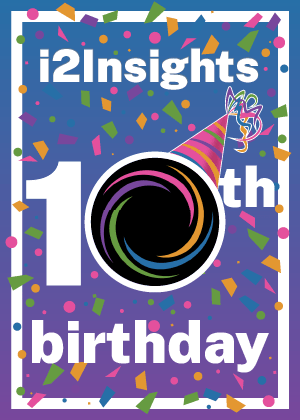
08.12.25, i2insights, Gabriele Bammer
i2Insights@10years: Strengthening a global, comprehensive, living toolkit for tackling complex problems
On 25 November 2025, i2Insights celebrated its 10th birthday as a toolkit to support researchers and educators tackling complex societal and environmental problems, specifically providing tools to understand and address complexity. It sets out to be:
global, with contributions from around the world
comprehensive, tackling all aspects of addressing complex problems
living, continuing to grow and stay up-to-date.
It’s a good time to reinvigorate the aims, strengthen the toolkit and celebrate achievements.

08.12.25, Swiss Young Academy
Stories as an impulse for change: the ‘Spark’ podcast
Stories spark curiosity, foster empathy, and make complex ideas accessible — an approach at the heart of the Swiss Young Academy’s podcast series Spark – Stories from Advocates for Global Change. Aimed at young adults aged 16 to 23, the podcast offers an accessible introduction to transdisciplinary science. Through engaging narratives, it shows how collaboration across disciplines and practice partners can address societal challenges while highlighting diverse scientific career paths.
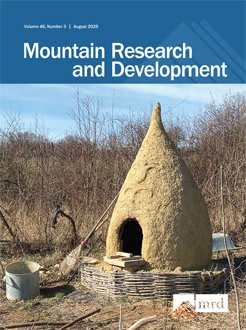
08.12.25, Mountain Research and Development
Mountain Research and Development Vol 45, No 3: Innovation Pathways to Sustainability in Mountains
How can innovation contribute to sustainability in mountains? Articles in this focus issue explore the question from different angles, providing insights from China and various European mountain contexts. In the editorial, Guest Editors Jörg Balsiger, Anne B. Zimmermann, João Carlos Azevedo, and Dietrich Schmidt-Vogt reflect on different framings of innovation and its role in sustainable mountain development.
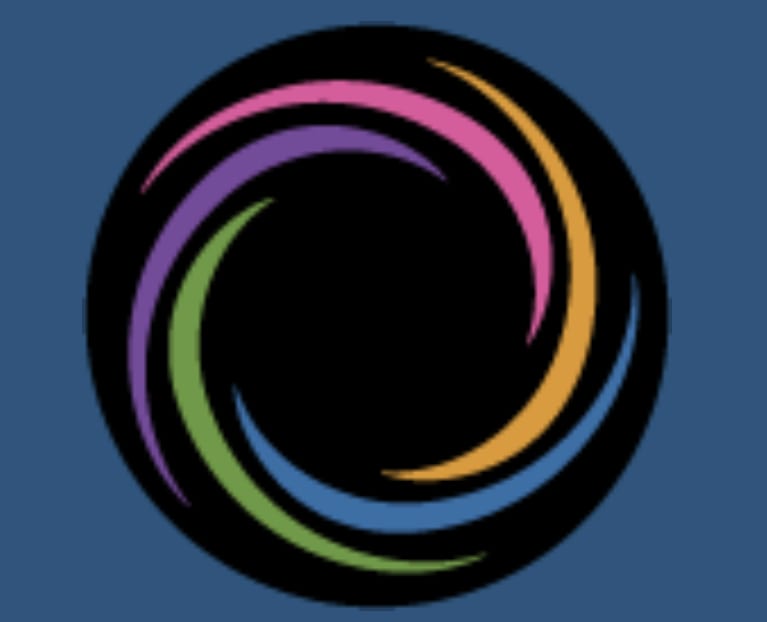
08.12.25, i2insights, Gemma Jiang, Alexis Niki, Darius Melvin, Sarah Hind
Stories of self, us, and now: A tool for navigating uncertainty
In times of uncertainty, especially when the role of research, as well as research funding are under threat, how can research teams effectively respond? How can storytelling help?
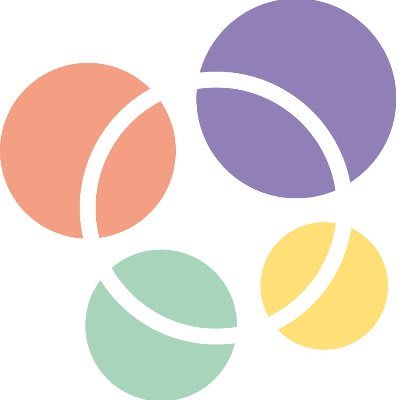
12.11.25, ITD Alliance, Early Career Researchers Working Group
Inter- and Transdisciplinary PhD Supervision Guide
The Inter- and Transdisciplinary (ITD) PhD Supervision Guide is now available from the ITD Alliance Early Career Researchers (ECR) Working Group. The ITD PhD Supervision Guide synthesizes scholarly discussions and experiences on ITD supervision challenges and insights, and provides questions for discussion and reflection, enabling doctoral researchers and their supervisors to exchange ideas, enhance communication, and navigate the complexities of the PhD journey together.

10.11.2025, i2Insights
It’s been a bumper month for relevant tools on i2Insights, with:
two posts on co-design: six elements to make it effective (https://i2insights.org/2025/09/30/effective-co-design/) and co-design with Indigenous leaders (https://i2insights.org/2025/10/21/co-designing-for-first-nations-leadership)
two posts on interdisciplinary collaborations: three ways of designing them (https://i2insights.org/2025/10/07/types-of-interdisciplinary-collaborations/) and a self-assessment checklist (https://i2insights.org/2025/11/04/interdisciplinarity-research-checklist/)
one post on developing collaboration norms (https://i2insights.org/2025/10/28/developing-collaboration-norms/).

05.11.2025, School for Transdisicplinary Studies, UZH
Celebrating five years of inter-/transdisciplinary teaching at UZH
The School for Transdisciplinary Studies (STS) at the University of Zurich marks its fifth anniversary with a report highlighting people, milestones, and projects that shaped its journey. The publication reflects on how the STS has become a hub for inter- and transdisciplinary teaching and learning at UZH – and invites readers to explore the people and stories behind it

05.11.2025, TA-SWISS
Rethinking Energy Futures
What strategies are different countries pursuing to achieve the sweeping transformation needed to reach carbon neutrality by 2050? This year's report by the European Parliamentary Technology Assessment Network (EPTA) takes a close look at the structural shifts underway in the energy systems of 18 European countries and regions, along with Japan and the United States. It explores the technological and industrial hurdles along the way and weighs the societal costs and benefits of the transition.
TA-SWISS’s chapter on Switzerland spotlights, among other things, the revived debate over nuclear power as a potential climate-friendly option — a question the foundation is also investigating through an ongoing interdisciplinary study on the opportunities and risks of novel nuclear technologies.
